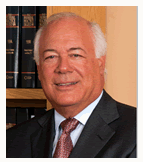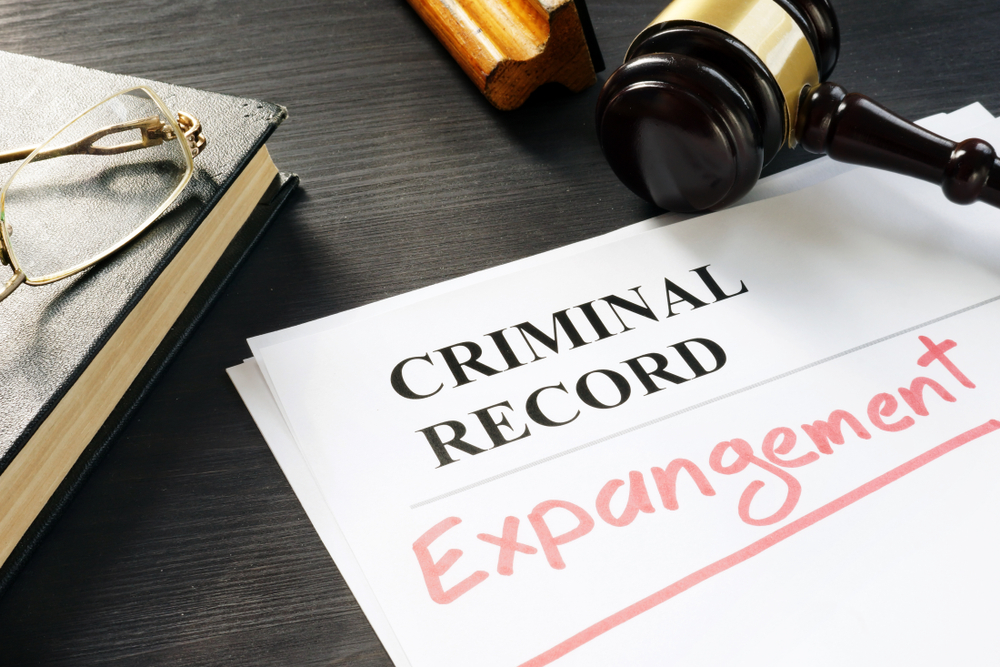Having a criminal record can make it difficult to find employment, housing, and even obtain professional licenses in Florida. However, under certain circumstances, you may be eligible to have your criminal record expunged, which means that it will be removed from public view and you can legally deny that you were ever arrested or convicted of the crime in question. In this blog post, criminal law attorney Roy J. Kahn will provide a step-by-step guide on how to expunge your criminal record in Florida.
Step 1: Determine Your Eligibility
Under Florida law, not all criminal offenses can be expunged, and certain eligibility criteria must be met. Generally, to be eligible for expungement, you must meet the following criteria:
You were not convicted of the crime in question.
You have not previously had a criminal record expunged or sealed.
You have completed all court-ordered sentences, including probation and fines.
The crime you were charged with is eligible for expungement under Florida law.
Step 2: Obtain Your Criminal Record
To begin the expungement process, you’ll need to obtain a copy of your criminal record from the Florida Department of Law Enforcement (FDLE). You can request a copy of your record online or by mail, and there is a fee for this service.
Step 3: File a Petition for Expungement
Once you’ve obtained your criminal record, the next step is to file a petition for expungement with the court that handled your case. Your criminal law attorney can help you prepare and file this petition, which includes information about your case and why you believe you’re eligible for expungement. There is also a fee for filing this petition.
Step 4: Attend a Hearing
After you file your petition for expungement, the court will schedule a hearing to review your request. At this hearing, you’ll need to present evidence and arguments supporting your request for expungement. Your criminal law attorney can help you prepare for this hearing and represent you in court.
Step 5: Wait for the Order of Expungement
If the court grants your petition for expungement, you’ll receive an order of expungement, which directs law enforcement agencies to remove your criminal record from public view. This process can take several weeks to complete.
In conclusion, having a criminal record in Florida can have significant negative impacts on your life, but you may be eligible to have your record expunged under certain circumstances. If you’re considering expungement, it’s essential to work with an experienced criminal law attorney like Roy J. Kahn to help guide you through the process and ensure that your rights are protected. Contact Roy J. Kahn today to schedule a consultation and start the process of expunging your criminal record in Florida.
 Roy J. Kahn, with years of legal experience in a wide variety of criminal law, heads a “boutique” firm, which means that your attorney is Roy J. Kahn, not a paralegal. If you have been charged or are about to be charged with a crime—or if you have been contacted to be a witness in a federal grand jury case, you need a qualified defense. You should consult with an attorney immediately and know that you have a right to make no statement until you have consulted with an attorney To contact Mr. Kahn, he can be reached at 305-358-7400.
Roy J. Kahn, with years of legal experience in a wide variety of criminal law, heads a “boutique” firm, which means that your attorney is Roy J. Kahn, not a paralegal. If you have been charged or are about to be charged with a crime—or if you have been contacted to be a witness in a federal grand jury case, you need a qualified defense. You should consult with an attorney immediately and know that you have a right to make no statement until you have consulted with an attorney To contact Mr. Kahn, he can be reached at 305-358-7400.


Recent Comments